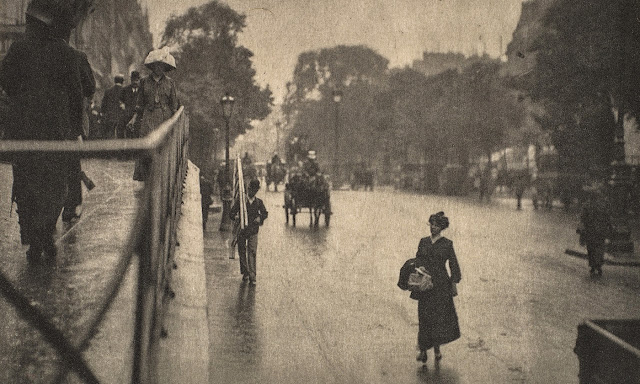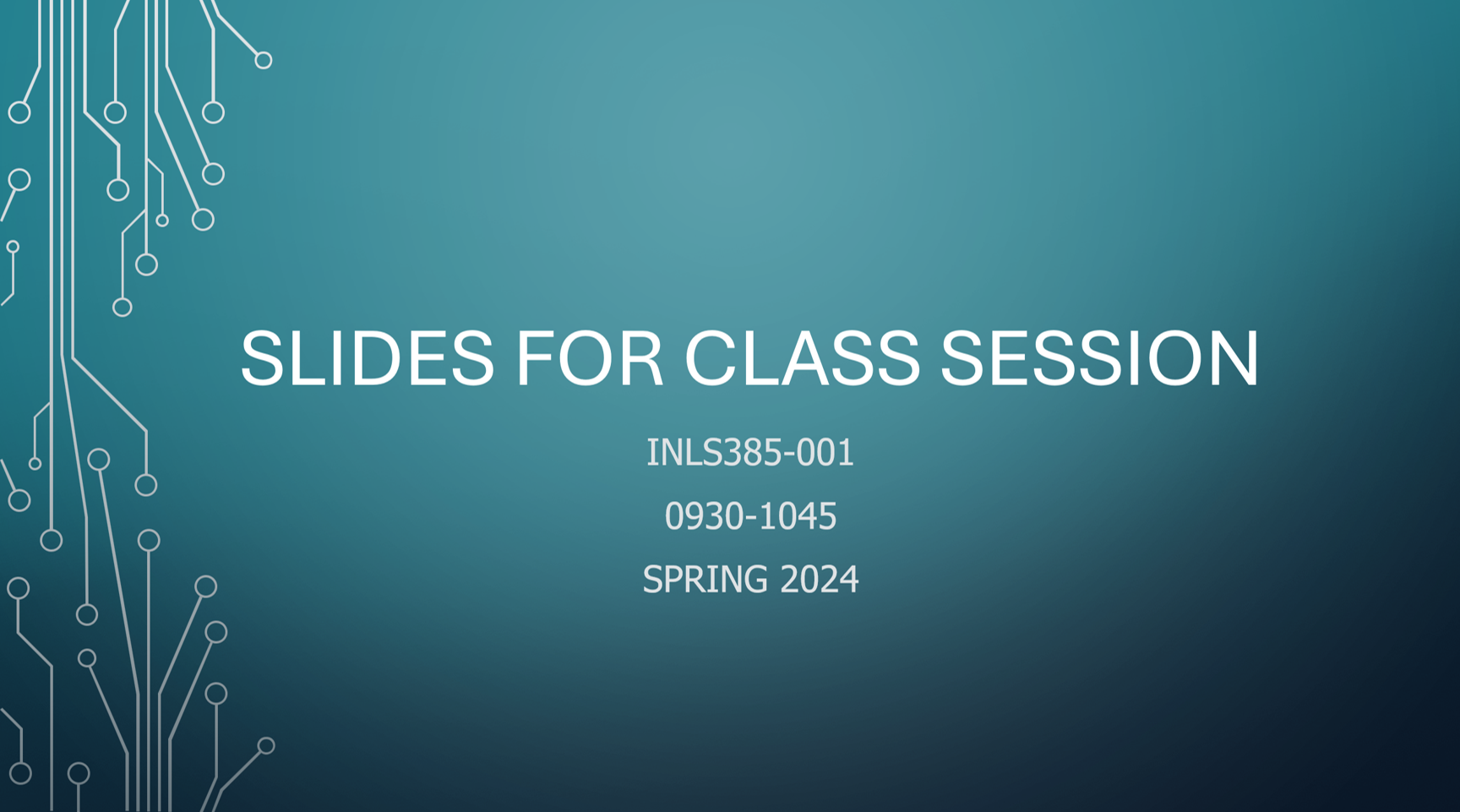Session 24
TECHNOLOGY AND INDIVIDUALS
Today we will explore whether or not the expansion of personal technologies have been an unquestioned benefit to our personal productivity.
Watch this TED talk and ask yourself who the speaker is.
How is technology fitting in with your sense of self?

For societies, that is more worrying. YouTubers and Instagram personalities sign no editors' code of conduct, are uninterested in traditional practices of fairness or objectivity, and their motives are untainted by antiquated notions of public benefit. That gives information insurgents tremendous power. Governments and institutions cannot simply wish it away. Indeed, some already seem to feel they have little choice but to join the fray. ... “Although we might not want to accept it and we might kick against it, the internet is increasingly becoming the real world.”
- Seize the memes: Teenagers are rewriting the rules of the news, The Economist, 28 Dec 2019
The year is 2021, and honestly there ought to be more robots. It was a decade ago that two scholars of technology, Erik Brynjolfsson and Andrew McAfee, published “Race Against the Machine”, an influential book that marked the start of a fierce debate between optimists and pessimists about technological change. The authors argued that exponential progress in computing was on the verge of delivering explosive advances in machine capabilities. Headline-grabbing breakthroughs in artificial intelligence (ai) seemed to support the idea that the robots would soon upend every workplace. Given that, on the eve of the pandemic, jobs were as plentiful as ever, you might now conclude that the warnings were overdone. But a number of new economics papers caution against complacency. The robots are indeed coming, they reckon—just a bit more slowly and stealthily than you might have expected.
- New research shows the robots are coming for jobs—but stealthily, The Economist, 16 Jan 2021

The discipline of walking as it relates to art should not be mistaken for a leisure activity. Take, for example, walking as a flâneur or as a pilgrim, or going out for a promenade, for in each of these pursuits there are goals: the flâneur sets out into the city streets to investigate or procrastinate; the pilgrim ambles toward the holy land for the sake of a blessing; an evening stroller seeks digestive benefits as well as social interaction, whether walking with a companion or encountering neighbours along the road. In all cases, there are ends to be gained.
- For the full life experience, put down all devices and walk , by John Kaag, Aeon Magazine, 23 Mar 2020
You don't have to read these unless you wish to, but we might touch upon them in conversation
is technology making us stupid?
do we lack the ability to memorize information, a skill we needed before information was so readily available to us?
does it matter? if it's true, is it worth the increase in speed and (perhaps) the increase in quality of our work?
topthings we'll talk about
How have improvements in information technology improved our personal productivity?
plan to separate into your teams to work on an in-class assignment
- list, in as much detail as possible, the steps you all take to write a research paper when you have access to the Internet and your personal laptops
- then list, in as much detail as possible, the steps you all would have to take to write a research paper when you do not have access either to the Internet or to any computer
- estimate the difference in the amount of time it would take you all to accomplish both tasks
 top
top
SOMETHING TO TAKE AWAY
One song, two versions
Cantaloupe Island by Hugh Masekela
Hugh Masekela, who has died aged 78, was one of the world's finest and most distinctive horn players, whose performing on trumpet and flugelhorn mixed jazz with South African styles and music from across the African continent and diaspora. Exiled from his country for 30 years, he was also a powerful singer and songwriter and an angry political voice, using his music and live performances to attack the apartheid regime that had banished him from his homeland. (from the Guardian obit)
And for a different take on this Herbie Hancock classic.
Cantaloop (Flip Fantasia) by Us3
top
Last Updated on
|
Copyright © R.E. Bergquist 2014- |
Powered by w3.css
